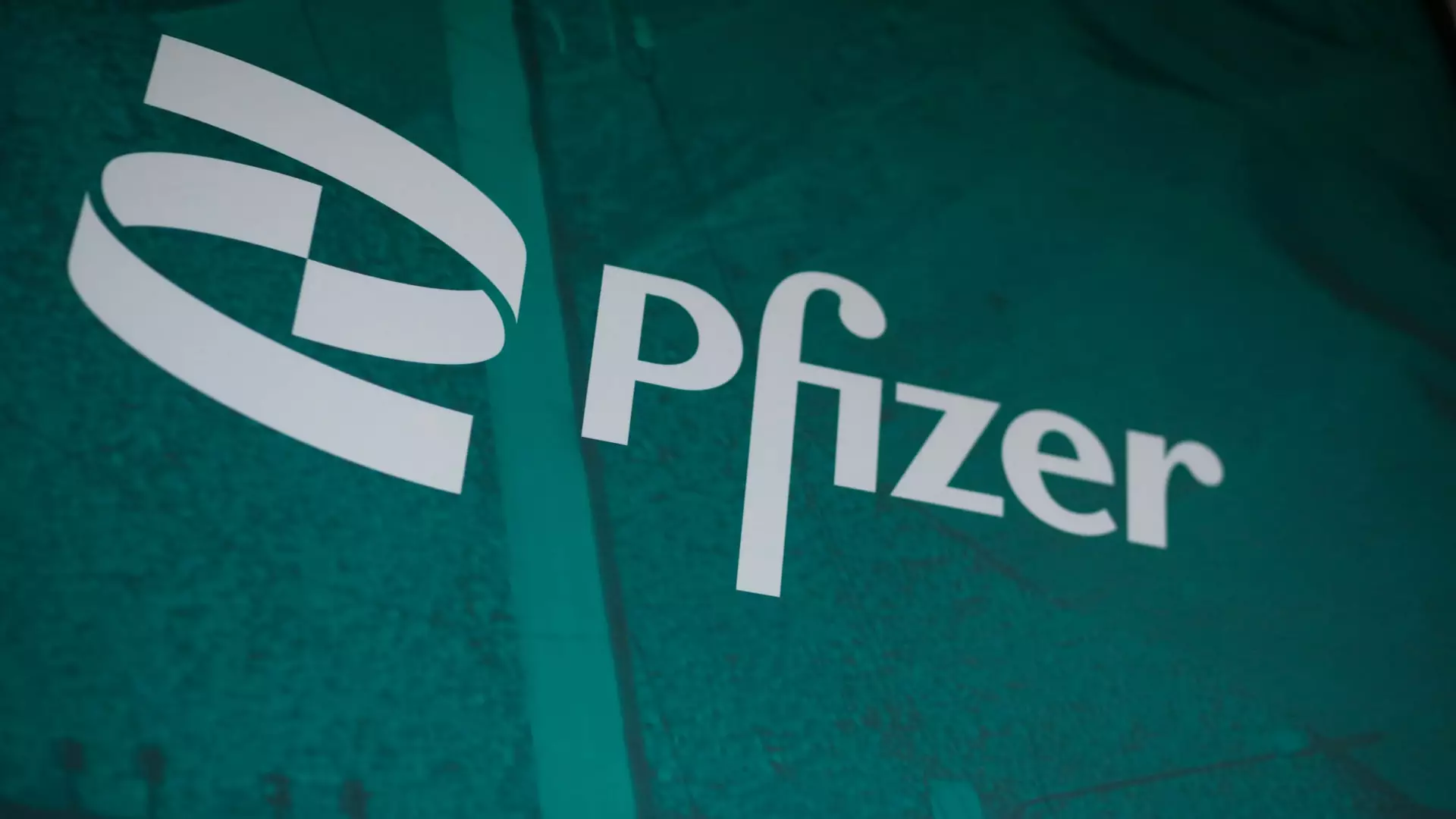Cancer cachexia is a debilitating syndrome characterized by severe weight loss, muscle wasting, and fatigue, commonly affecting individuals diagnosed with cancer. This condition has far-reaching implications, impacting about 9 million people globally. Studies suggest that approximately 80% of cancer patients suffering from cachexia are likely to die within a year of their diagnosis. The complexities of cancer cachexia stem from the body’s inadequate food intake to meet its energy demands, resulting in both fat and muscle loss. This increased metabolic activity not only makes patients feel weak and fatigued but can significantly affect their quality of life and diminish the effectiveness of cancer treatments.
The National Cancer Institute defines cancer cachexia as a weight loss of at least 5% within the past six months, accompanied by distinct symptoms of fatigue and weakness. Notably, this condition can lead to lower survival rates amongst cancer patients, creating a dire need for effective therapeutic interventions.
Recently, Pfizer unveiled promising findings from a midstage trial concerning its novel monoclonal antibody, ponsegromab. According to the company, this drug may be on the verge of becoming the first FDA-approved treatment specifically for cancer cachexia. The results of the trial indicate that patients receiving ponsegromab demonstrated significant improvements not only in body weight but also in muscle mass, quality of life, and overall physical function. These metrics are critical as they contribute to the well-being of patients battling cancer.
In a controlled study of 187 participants with various types of advanced cancers, such as non-small cell lung cancer, pancreatic cancer, and colorectal cancer, the drug exhibited a positive impact on patients characterized by elevated levels of growth differentiation factor 15 (GDF-15). GDF-15 is a protein linked to appetite regulation and plays a pivotal role in the development of cachexia. By administering ponsegromab, Pfizer aims to inhibit GDF-15, resulting in enhanced appetite and the potential to stabilize weight and muscle mass in patients.
The results from the trial were encouraging. Patients who received the higher dose of ponsegromab (400 mg) experienced a 5.6% increase in weight compared to those given a placebo. Meanwhile, those on lower doses (200 mg and 100 mg) exhibited gains of approximately 3.5% and 2% respectively. In clinical terms, weight gain beyond 5% is regarded as a “clinically meaningful difference,” providing strong evidence supporting the efficacy of ponsegromab in combating cancer cachexia.
Charlotte Allerton, Pfizer’s head of discovery and early development, emphasized the importance of ponsegromab in addressing the unmet needs of patients with cachexia. The benefits extend beyond merely gaining weight; improvements in quality of life, self-care capabilities, and tolerance to cancer treatments point to a comprehensive approach to healthcare that could significantly enhance the lives of those affected by cancer cachexia.
Concerning safety, Pfizer has reported minimal side effects associated with ponsegromab. The incidence of treatment-related side effects was found to be slightly lower in those taking the drug compared to the placebo group. Notably, only 7.7% of participants experienced side effects while on ponsegromab, compared to 8.9% for those on placebo, indicating a favorable safety profile for the drug.
Looking to the future, Pfizer is currently in discussions with regulatory bodies regarding the late-stage development of ponsegromab, with plans to initiate further studies in 2025, potentially leading to regulatory approval. Additionally, in a bid to explore its versatility, Pfizer is examining the drug in patients suffering from heart failure—a condition where cachexia can also be prevalent.
As Pfizer presents its findings at major platforms, including the European Society for Medical Oncology Congress, the excitement surrounding the prospect of a treatment specifically for cancer cachexia is palpable. The implications of this research stretch far beyond the immediate clinical outcomes; they herald a new dawn in addressing one of the most challenging aspects of cancer care. Should ponsegromab gain approval, it could represent a significant milestone in cancer therapy, highlighting the growing recognition of cachexia not just as a symptom of cancer, but as a critical area warranting focused treatment and holistic patient care. The intersection of innovation, patient advocacy, and emerging science showcased by this development sets the stage for a hopeful future in the fight against cancer cachexia.

